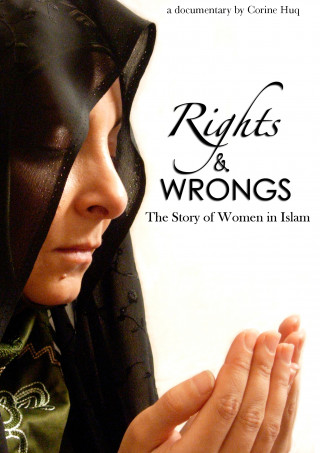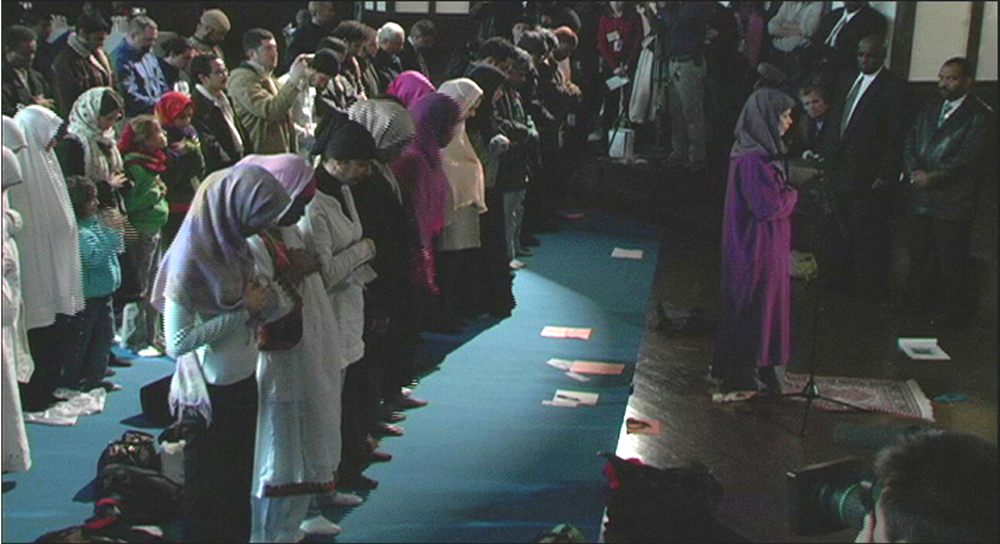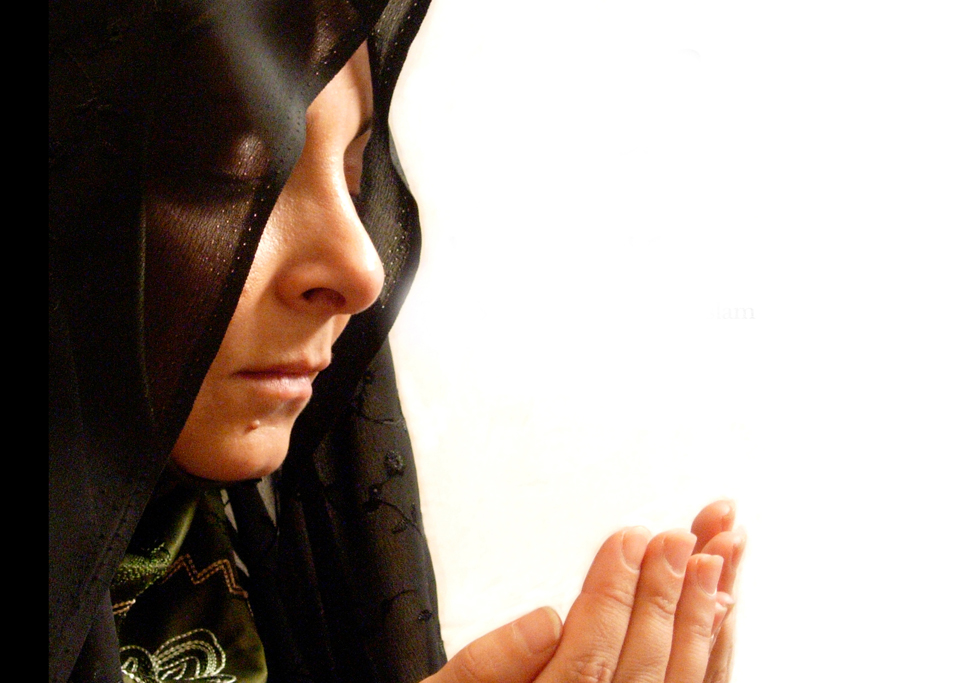Rights & Wrongs
The Story of Women in Islam
US | 2011 | 135 minutes | Color | DVD | English | Order No. 121073
SYNOPSIS
PRESS
“[S]uperbly crafted documentary on women in Islam-past and present. …extremely valuable as a unique teaching tool to courses in Women Studies and Near Eastern Studies as well as courses on the documentary genre.”
ABOUT FILMMAKER(S)
Corine Huq is an independent filmmaker based in New York City. Shortly after graduating from New York University’s film program at Tisch School of the Arts, she worked in various television productions in and around the city. She then concentrated on editing and directing, working on a variety of educational videos for New York University and Scholastic. She had directed two short films, one which was accepted at the New York International Film Festival in 2005. Rights & Wrongs is her first feature documentary. (3/12)



